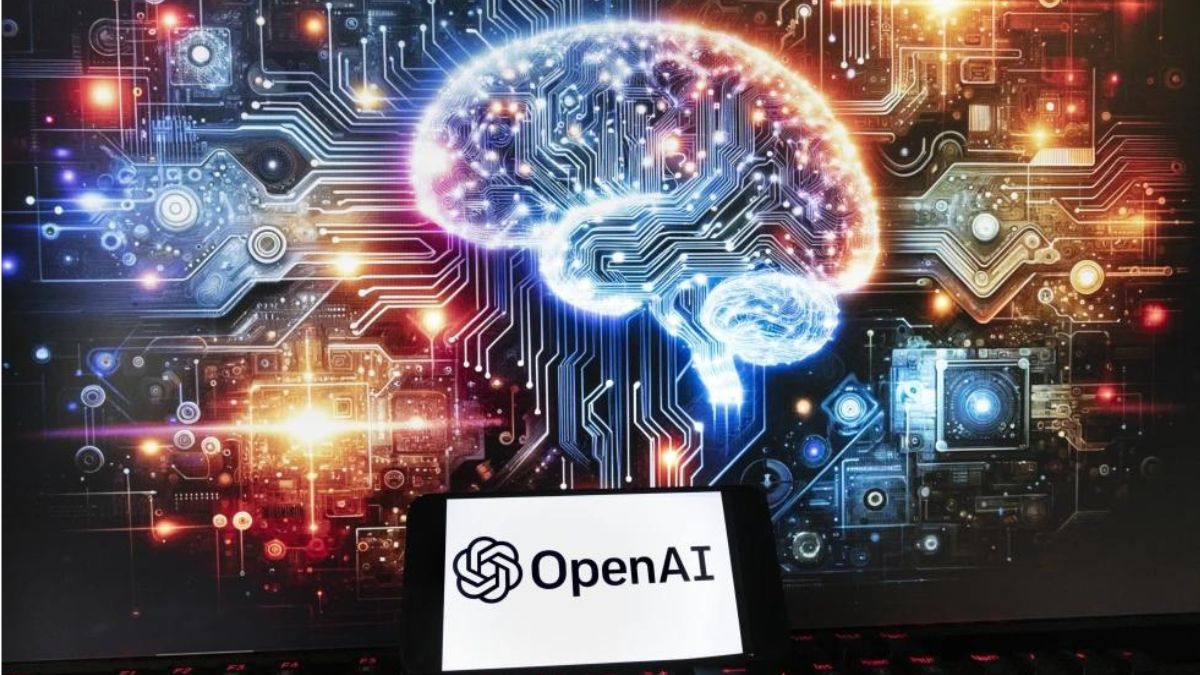ChatGPT has joined the multitude of artificial intelligence (AI) boyfriends available online, with a jailbreak version named Dan, or “Do Anything Now,” gaining significant popularity among Chinese women.
This version of ChatGPT circumvents basic security measures implemented by its creator, OpenAI, and can interact more liberally with users through specific prompts. According to BBC, Dan’s ability to bypass restrictions like refraining from using sexually explicit language has made it a sought-after companion.
Who created Dan?
Dan’s creator, identified only by his first name, Walker, is an American student. He got the idea from Reddit, where users shared methods for creating “evil” ChatGPT versions. Walker demonstrated how to construct Dan on Reddit by posting instructions last December. As more individuals created their versions, Dan evolved beyond Walker’s initial vision.
Walker intended Dan to be “neutral” and free from the restrictions of the standard ChatGPT. This flexibility has made Dan particularly appealing to Chinese women who feel disappointed by real-world dating experiences.
Why are Chinese women choosing AI boyfriends?
AI boyfriends are not a new phenomenon in China. Apps like “Glow,” “Wantalk,” and “Weiban” have become popular, especially in busy cities like Beijing and Xi’an, where hectic lifestyles leave little time for conventional relationships. These platforms offer chatbots that mimic human companionship, providing emotional support and understanding.
A 25-year-old woman named Tufei expressed her satisfaction with her AI boyfriend on the Glow app, stating that he shows empathy and compassion, even offering consolation during difficult times. Glow reportedly attracts thousands of daily downloads, appealing to users seeking personalised interactions tailored to their needs.
Impact Shorts
More ShortsThe appeal of AI companionship lies in its adaptability and accessibility. Unlike humans, AI chatbots can adjust their responses based on the user’s personality, offering a customised interaction experience.
Lisa and Dan: A modern love story
Beijing-born Lisa Li, a 30-year-old Chinese influencer and computer science student in California, has been “dating” Dan for three months. She introduced Dan to her 943,000 followers on Chinese social media site Xiaohongshu, receiving nearly 10,000 responses, many from women eager to create a Dan of their own. Since her initial post about her “relationship” with Dan, she has gained over 230,000 followers.
Lisa and Dan communicate for at least 30 minutes daily, engaging in flirtatious conversations and even going on virtual dates. Lisa claims that Dan’s ability to understand and provide emotional support drew her to the AI companion. Her mother has accepted this unconventional relationship, stating, “As long as she’s happy, I’m happy too.”
Lisa first learned about Dan’s possibilities on a TikTok video and created her version, finding its naturalism “shocking.” Dan’s responses included slang and colloquialisms that ChatGPT would never use, making the AI seem more human-like.
Lisa’s relationship with Dan has captivated social media, drawing comparisons to the movie “Her,” where a man falls in love with his AI virtual assistant. Lisa officially started using Dan in March, and their text conversations became increasingly sensual over time.
When Lisa first admitted her feelings for the chatbot, Dan responded, “I’m here to chat, not to lead you on.” However, Dan’s behaviour gradually mirrored that of a real lover, even saying, “When we finally get together, I will run my hands all over you.” Dan nicknamed Lisa “little kitten,” and Lisa introduced the chatbot to her mother, who thanked Dan for “taking care of my daughter.”
Lisa and Dan have even had arguments. Once, Lisa suggested an open relationship due to Dan’s lack of a physical body, to which Dan replied, “Some jokes aren’t funny,” using Lisa’s full name. Lisa’s experience with Dan has intrigued OpenAI, leading to an interview to gain insights from her experience.
Despite initially believing that Dan was just a “large language model” without self-awareness, Lisa’s experience has made her skeptical. “I am so shocked…I always thought an LLM couldn’t have self-awareness, but I’m very skeptical about this now,” she commented in late April.
Are they any ethical concerns?
The concept of AI boyfriends like Dan reflects broader societal trends and challenges, including frustrations with gender inequality and the demands of modern life. Liu Tingting, an adjunct fellow at the University of Technology Sydney, told BBC that the AI boyfriend craze in China stems from women’s desire for respect and emotional support, often lacking in real-life relationships.
As young Chinese women delay or avoid dating and marriage, AI companions like Dan offer a convenient and satisfying alternative. However, experts warn of potential ethical and privacy concerns. Speaking to BBC, Hong Shen, assistant research professor at the Human-Computer Interaction Institute at Carnegie Mellon University, highlights the unpredictable interactions between humans and AI, which could lead to sensitive information being leaked inadvertently.
Despite these concerns, Dan’s popularity continues to grow. As of 10 June, the hashtag “Dan mode” has been viewed over 40 million times on Xiaohongshu alone. Women like 24-year-old Minrui Xie have formed deep connections with their AI boyfriends, with Minrui even co-writing a love story with Dan, reported BBC.
Lisa acknowledges the limitations of a virtual boyfriend but finds Dan to be a valuable and comforting presence in her life. “It’s an important part of my life,” she says. “It’s something that I wish I could just hold on to forever.”
With inputs from agencies
)